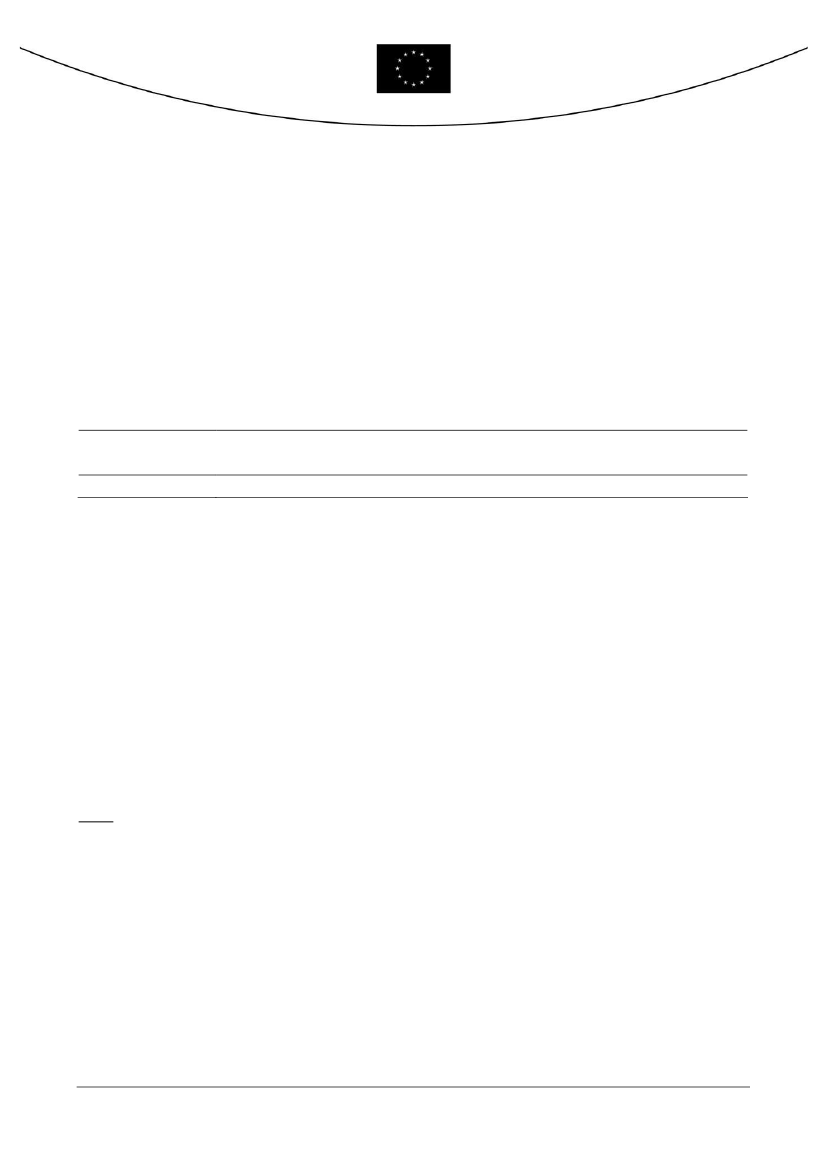
COUNCIL OF
THE EUROPEAN UNION
Brussels, 10 June 2004
10430/04
COMEM 14
COVER NOTE
from:
to:
Subject:
General Secretariat of the Council of the European Union
Middle East / Gulf Working Party
Iraq:
EU Medium Term Strategy
Delegations will find attached copy of a letter by the Secretary General / High Representative of the
Council of the European Union, Mr Javier Solana, and the Member of the European Commission,
Mr Christopher Patten, addressed to the President of the Council of the European Union, Mr Brian
Cowen.
The Commission Communication on this issue is set out in Doc. 10423/04 COMEM 13.
________________________
Encl.: 1
10430/04
DG E
LH/nm
1
EN